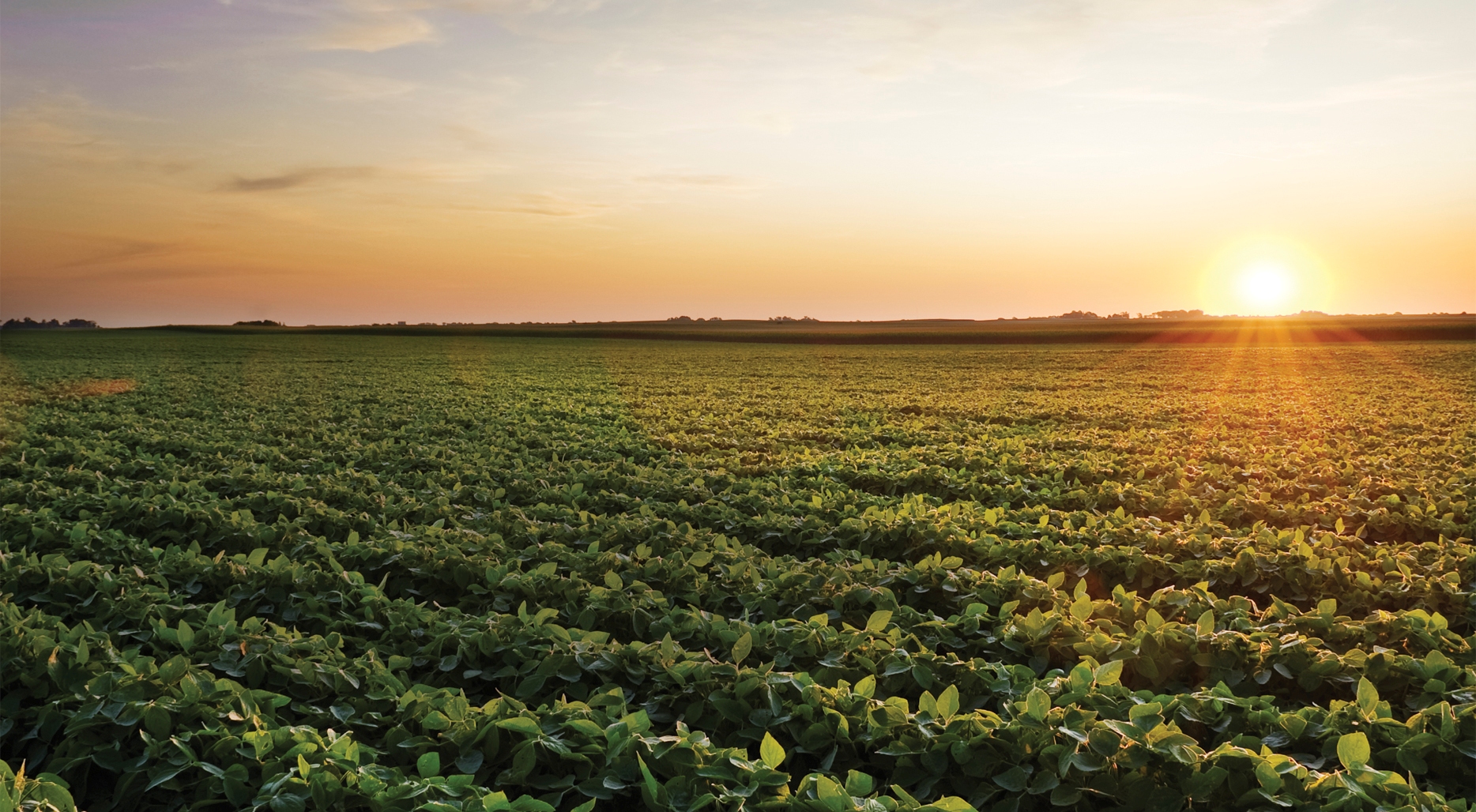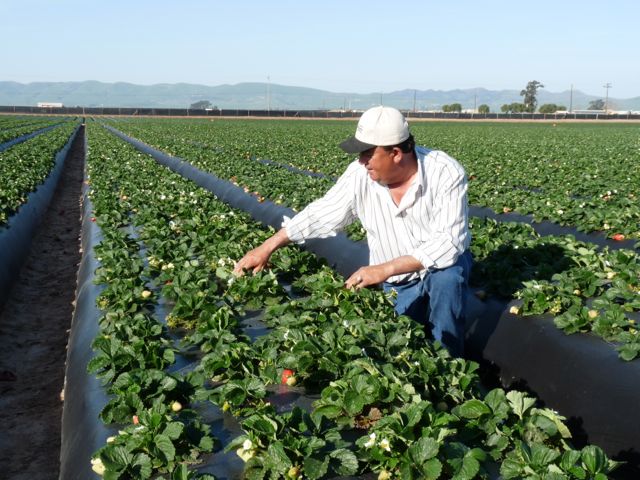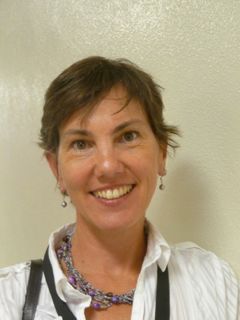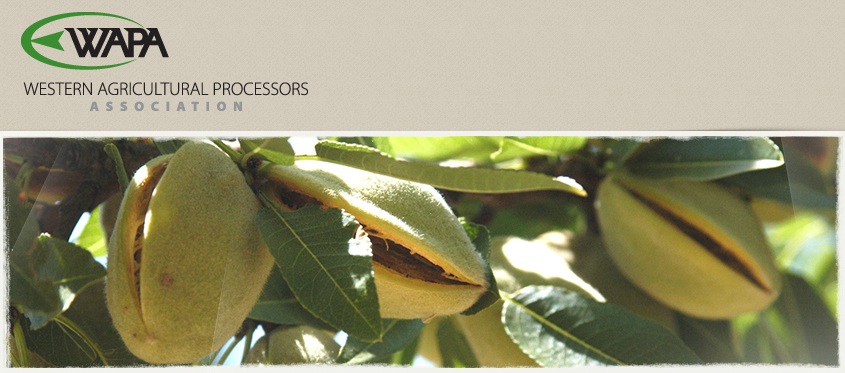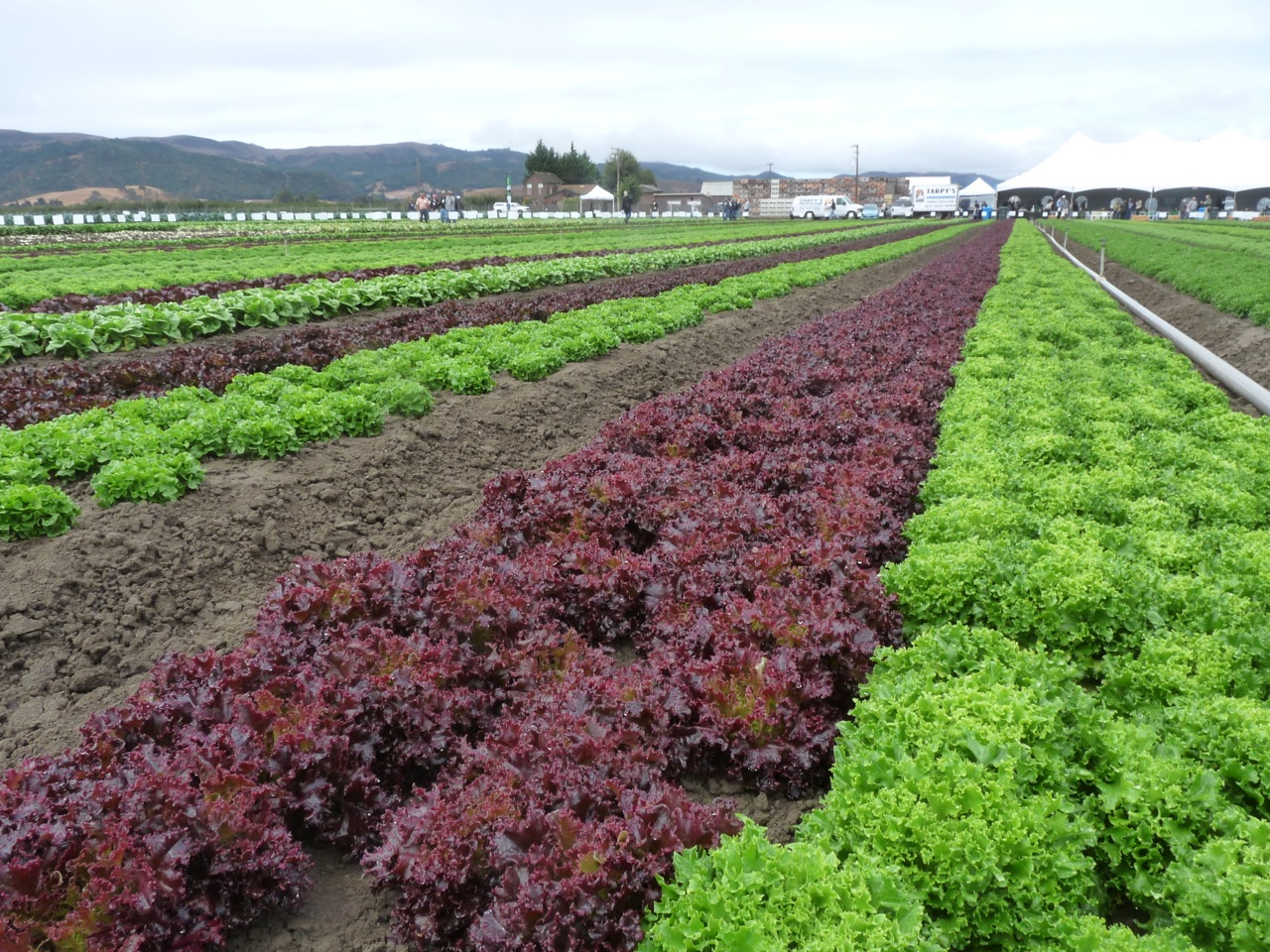Climate Change Affects Integrated Pest Management Practices
Despite Lack of Funding, IPM Programs Need to be Re-Worked
By Colby Tibbet, California Ag Today Reporter
Climate Change is a pressing concern for growers and others in the ag industry, prompting the modification and redesign of Integrated Pest Management (IPM) practices, among other farming operations.
John Trumble, an entomology professor at the University of California, Riverside, explained that we are going have to change our IPM programs—processes based on scientific research for solving pest problems while minimizing risks to people and the environment. “We will have to account for changes in temperature, insects infesting fields more quickly, bio-controls including beneficial insects becoming possibly less effective, and altered plant growth due to elevated CO2 in the atmosphere.
Trumble noted,“What worked for your father isn’t going to work for us now. In the last 10 to 15 years, we’ve seen major changes in which insects are present, speed of entry into the fields, the extent of damage they cause and the plant’s lack of compensation for that damage. That is a lot of work for somebody in the future to redo all those IPM programs developed in the 60’s, 70’s, and 80’s, that we’ve used successfully for years.”
“One of our biggest problems in re-working these IPM strategies is that there’s a general move afoot in the government to reduce funding: for the USDA, the EPA, and even the National Institutes of Health. This year the USDA funded only 5 percent of the grants submitted,” said Trumble, “versus the normal 10-15 percent, and the funding shortage could halt investment in future programs. In a bad year, USDA would invest 12 percent—but five percent, who’s going to go into agriculture if you can only get five out of 100 grants actually funded? It’s really awful,” Trumble remarked.

